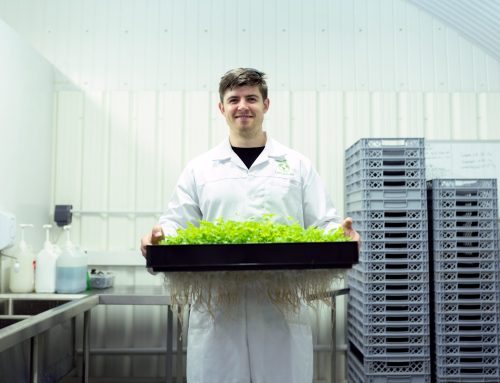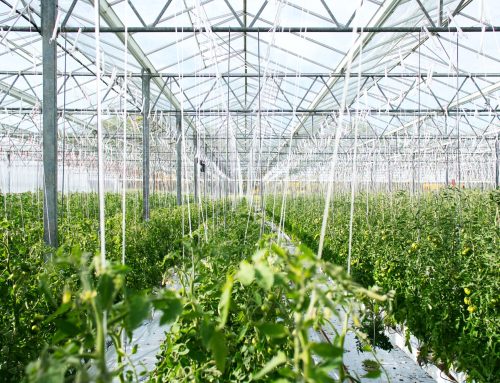22 May 2023
The Farm-to-Fork (F2F) Strategy is a pivotal initiative developed by the European Union (EU) to revolutionize the way we produce, distribute, and consume food. With the aim of ensuring a sustainable and healthy food system, the F2F Strategy addresses pressing challenges such as environmental degradation, biodiversity loss, and public health concerns. In this article, we will explore the significance of the F2F Strategy for the EU and its role in creating a more sustainable future.

Figure 1 – Unsplash
At the heart of the F2F Strategy is the promotion of sustainable agriculture. This involves reducing the use of chemical pesticides and fertilizers, encouraging organic farming practices, and fostering agroecological approaches. By prioritizing sustainable farming methods, the F2F Strategy aims to protect soil health, preserve biodiversity, and minimize the environmental impact of food production.
It also recognizes the importance of ensuring safe and nutritious food for all EU citizens. It emphasizes the need for robust food safety regulations, improved traceability systems, and reduced exposure to harmful substances. By setting ambitious targets to reduce the use of antimicrobials in animal farming and promote healthier food choices, the F2F Strategy aims to improve public health outcomes and reduce the risk of foodborne diseases.

Figure 2 – Unsplash
Moreover, the F2F Strategy encourages the development of local and regional food systems, promoting shorter supply chains and reducing the carbon footprint associated with long-distance transport. By supporting small-scale farmers, local markets, and regional food networks, the strategy seeks to enhance food security, boost rural economies, and foster connections between producers and consumers.
The h-ALO Project is closely connected to the Farm-to-Fork (F2F) Strategy in its commitment to promoting a sustainable and resilient food system. Through our research and development efforts, we aim to contribute to the F2F goals by exploring innovative technologies for optical analysis and communication systems in the agricultural sector and encouraging the development of local and regional food systems, promoting shorter supply chains and reducing the carbon footprint associated with long-distance transport. By supporting small-scale farmers, local markets, and regional food networks, the strategy seeks to enhance food security, boost rural economies, and foster connections between producers and consumers.

Figure 3 – Unsplash
The successful implementation of the Strategy relies on the active participation and collaboration of stakeholders across the food system. This includes farmers, food producers, retailers, consumers, research institutions, and policymakers. The strategy encourages knowledge-sharing, research, and innovation to drive sustainable practices and facilitate the transition towards a more resilient and inclusive food system.
So, the Farm-to-Fork Strategy, stands as a crucial blueprint for the European Union to address the complex challenges facing our food system. By promoting sustainable agriculture, enhancing food safety and nutrition, supporting local food systems, preserving natural resources, and fostering collaboration, the F2F Strategy paves the way towards a more sustainable, resilient, and equitable food future. As the h-ALO Project aligns with the goals of the F2F Strategy, we are committed to contributing to its success and driving positive change in the European Union’s food system. Together, we can create a future where food is not only a source of nourishment but also a catalyst for environmental preservation and societal well-being.
Curious to know more about the Farm-to-Fork strategy?






Leave A Comment